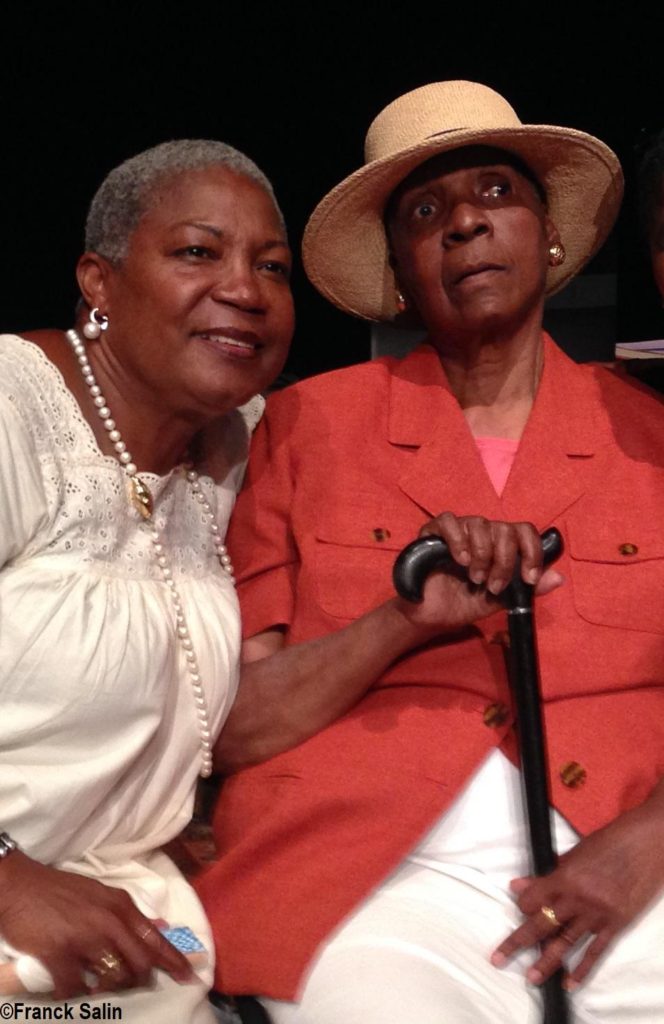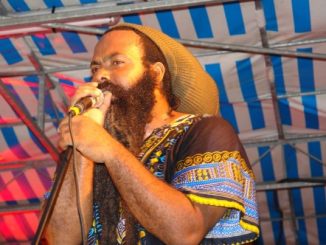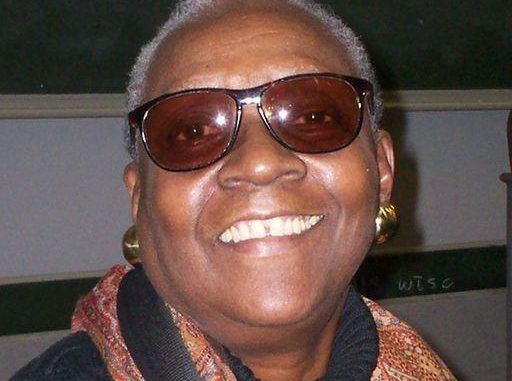
At 81 years of age, Maryse Condé won this Friday October 12 the alternative Nobel Prize for Literature. The French writer from Guadeloupe dedicated this prize, among others, to her native island. After Saint-John Perse (1960), Derek Walcott (1992) and V.S. Naipaul (2001), she is the fourth author born in the Caribbean who won such an international distinction.
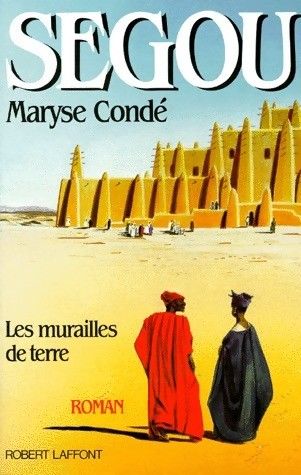
“I am very happy and very proud to have this prize but I would like to share it with my family, with my friends and especially with all people from Guadeloupe”, these are the first words said by Maryse Condé to the media after she heard on the TV news she won the alternative Nobel Prize for Literature.
The Guadeloupean writer who was nominated several times for the “official” Nobel, finally her work was recognized internationally.
The organizers said that in her books, “and with a precise language” Maryse Condé “describes the ravages of colonialism and the chaos of postcolonialism (…)”.
Born in February 11, 1937 in Pointe-à-Pitre in Guadeloupe, Maryse Condé – her maiden name is Marise Liliane Appoline Boucolon – published since 1976 more than thirty books (novels, essays, short stories, plays) for children and adults among others “Ségou: les murailles de terre” (Laffont, 1984), “Ségou: la terre en miettes” (Laffont, 1985), “Moi, Tituba sorcière noire de Salem” (Mercure, 1986), “La Vie scélérate” (Seghers, 1987), “Hugo, le terrible” (Sépia, 1991), “La traversée de la Mangrove” (Mercure, 1989), her latest novel is “Le fabuleux et triste destin d’Ivan et d’Ivana” (Jean-Claude Lattès, 2017).
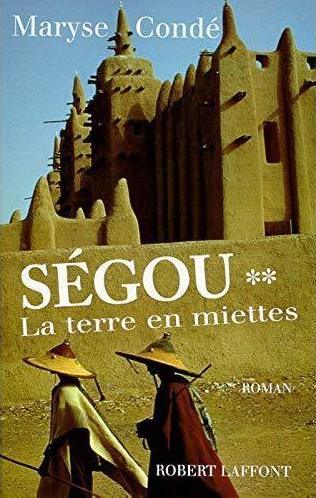
Awards and distinctions
The Caribbean author won several literary prizes, including the Prix de l’Académie Française for “La vie scélérate” and the Liberatur Prize for “Ségou : les murailles de la terre” in 1988, the Puterbaugh Prize for her entire work in 1993, the Marguerite Yourcenar Prize for “Le Coeur à rire et à Pleurer” in 1999, the Tropiques Prize of the Agence française de développement (AFD) for “Victoire, des saveurs et des mots” in 2007 or the Hurston & Wright Legacy Award (fiction category) for “Who slashed Celanire’s throat?” in 2005. Maryse Condé was also named Commandeur de l’Ordre des Arts et des Lettres in 2001. During her career as a professor of literature, the writer taught in several African countries, in France and the United States.
This alternative Nobel Prize was created last spring by a collective of 109 Swedish writers who represents a “New Academy” following the cancellation of the 2018 Nobel Prize for Literature and its postponement in 2019, which never happened since 1949.
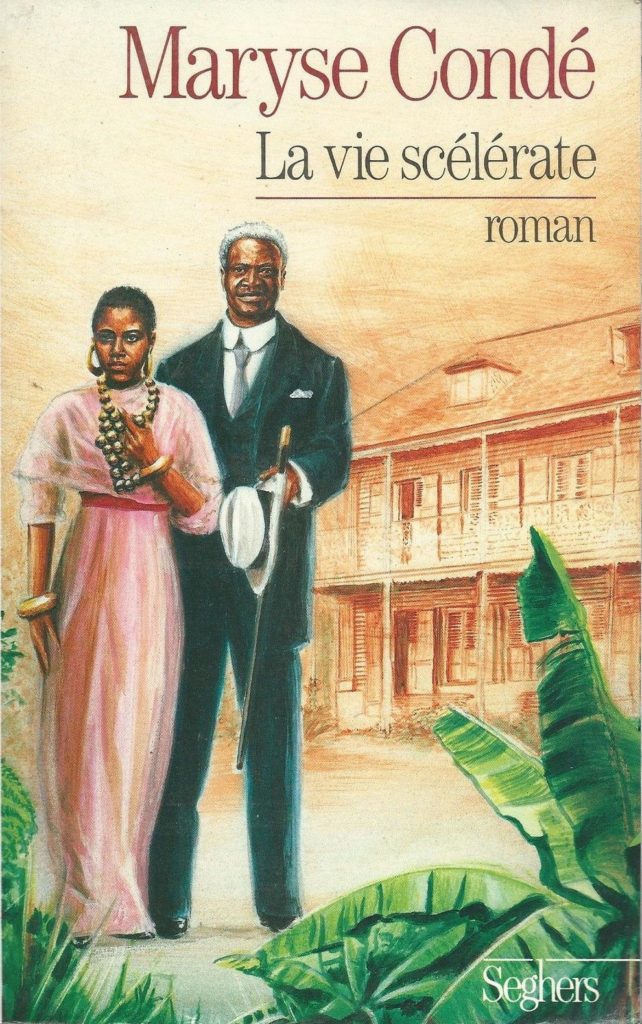
A popular vote
It must be said that eight among eighteen members of the Official Academy had resigned after revelations of rapes and sexual assaults made by 18 women against Jean-Claude Arnault, Katarina Frostenson’s French husband, a poetess who was member of the Academy; on October 1, he was sentenced to two years’ imprisonment.
This year, the 18 members of the official institution did not choose the winner. 47 Swedish librarians first made a list of potential candidates, a popular vote (more than 30,000 Internet users) made a selection and three names were in contention: the British Neil Gaiman, the Canadian of Vietnamese origin Kim Thúy and the French of Guadeloupean origin Maryse Condé. Note that the Japanese Haruki Murakami, who was part of this last selection, had preferred to withdraw from the competition, perhaps for fear of not winning, in the future, the “official” Nobel for Literature…
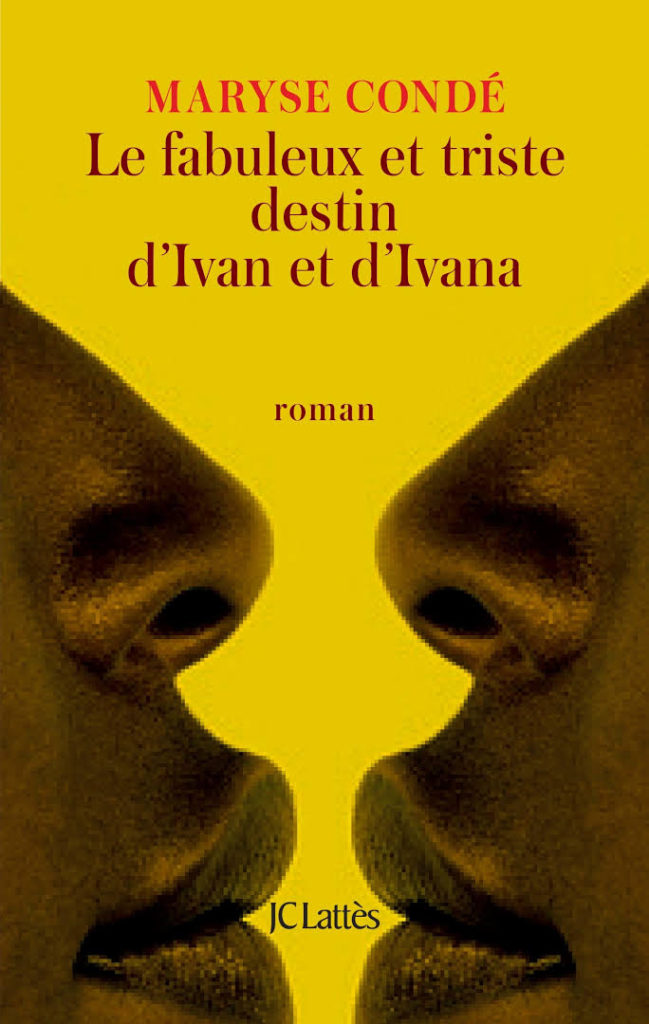
1 million crowns, about 97 000 euros
On December 9, Maryse Condé will receive her prize, 1million crowns (about 97,000 euros) which is one-tenth of the sum given to an “official” Nobel winner. The next day will take place at the Stockholm city hall (Sweden) the traditional banquet in honor of the annual Nobel laureates (medicine, economics, physics, chemistry, improvements in relations between peoples or peace awarded in Oslo…) in the presence of the laureate.
In 2019, the Academy should award two prizes instead of one; as for the “New Academy”, it will be dissolved on December 10.
If Maryse Condé, who is 81-year-old and who is fighting against the disease, said she was very happy with this recognition, some voices say that, given the high quality of the Guadeloupean’s writings, she deserves the “official” Nobel Prize for Literature and not this “alternative” prize. It remains to be seen if the rules forbid to win both prices. We asked the Nobel Prize organisation the question, we are waiting for its answer…
